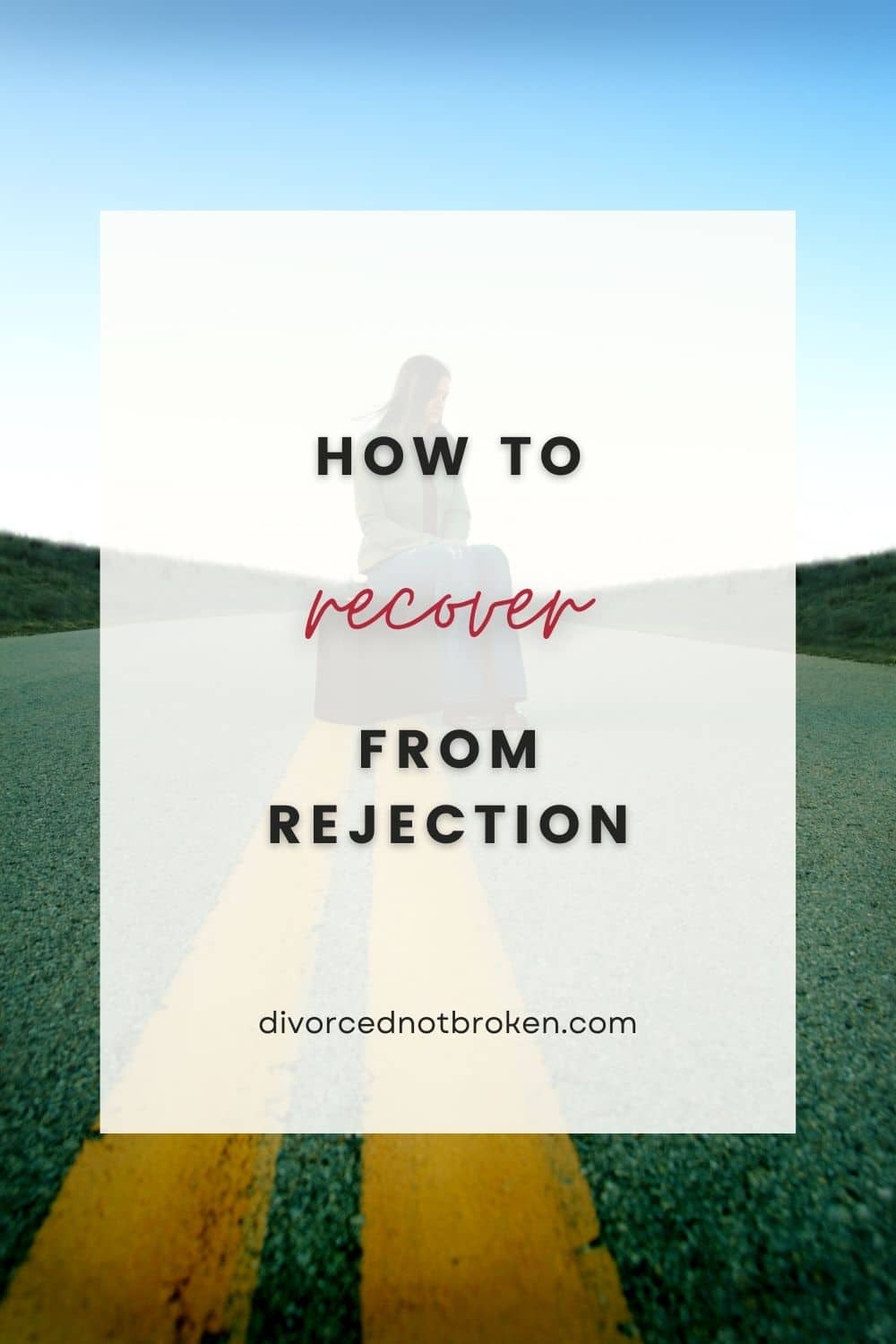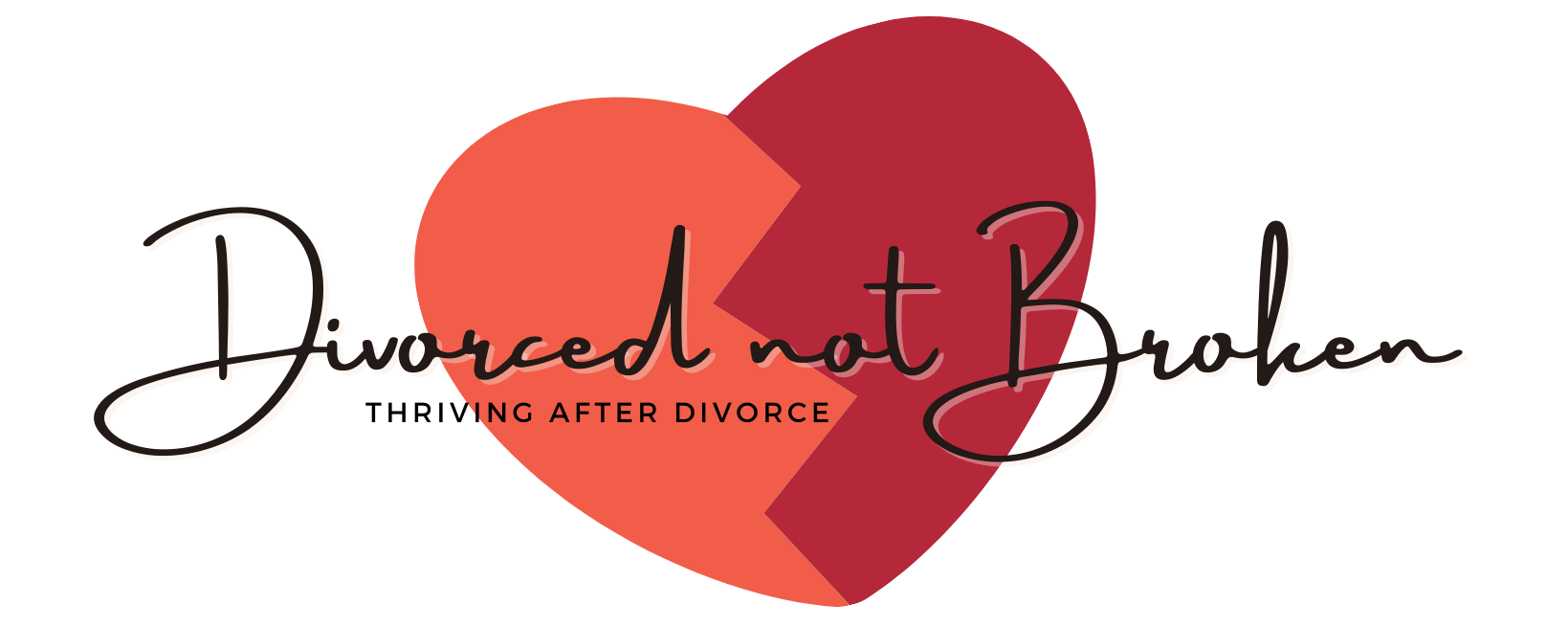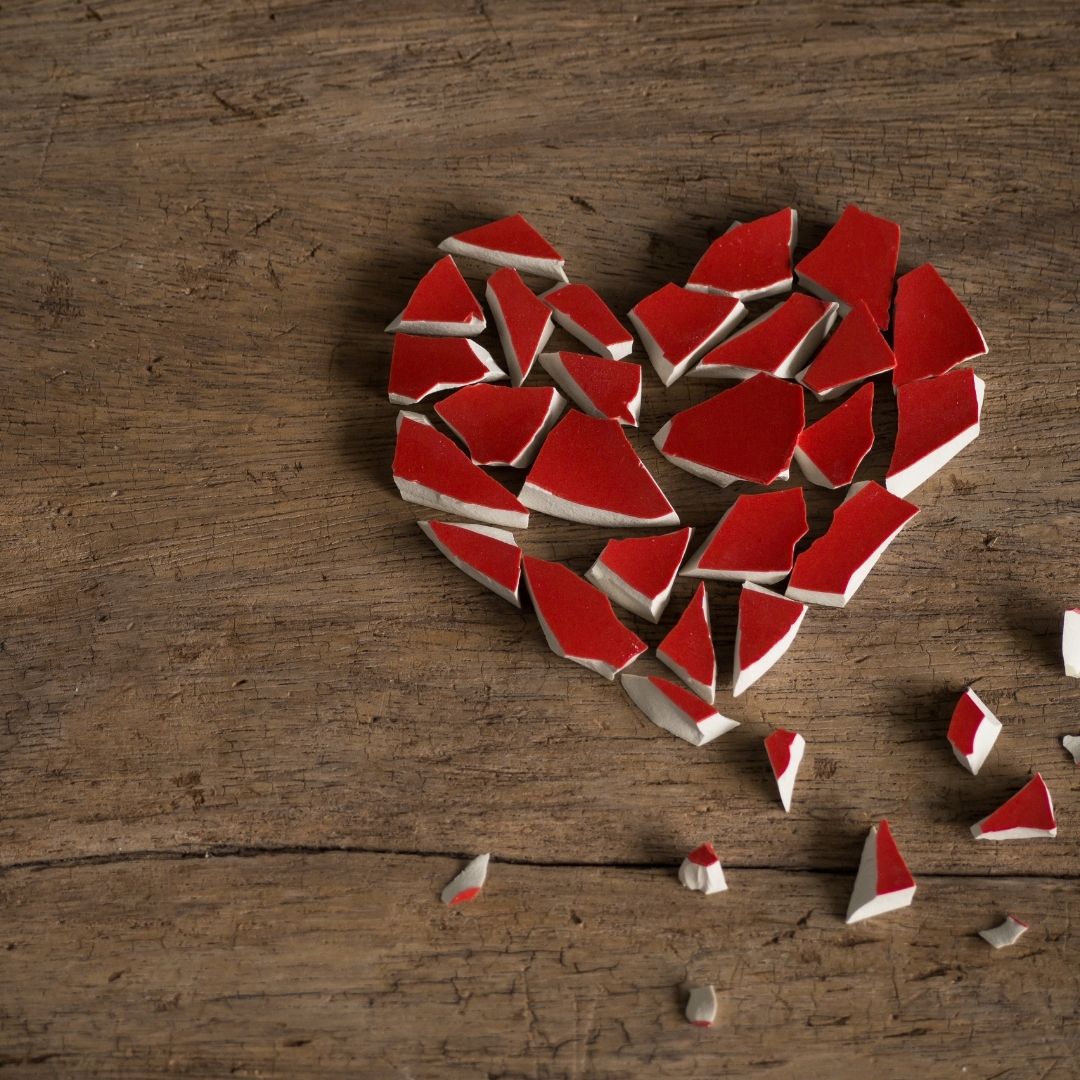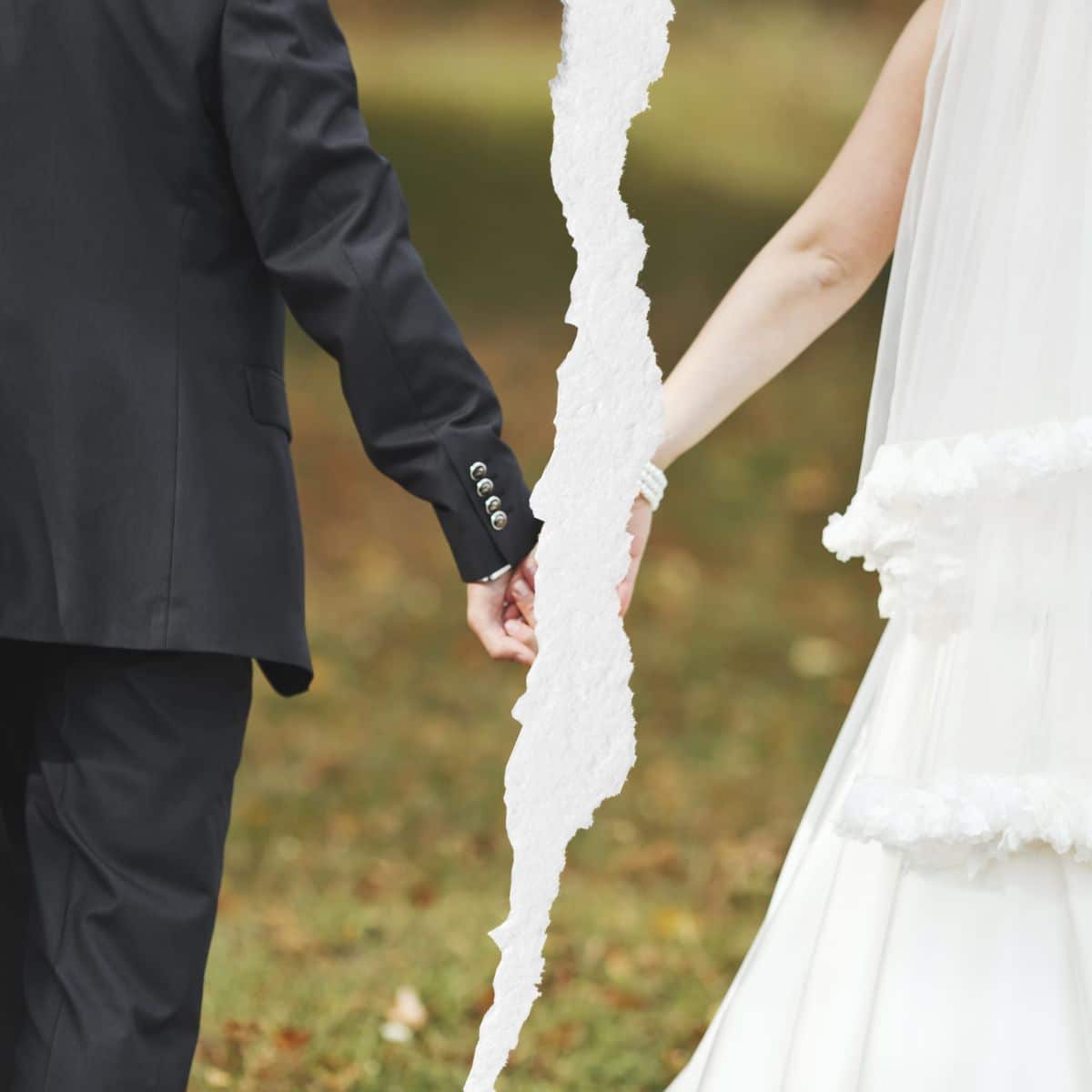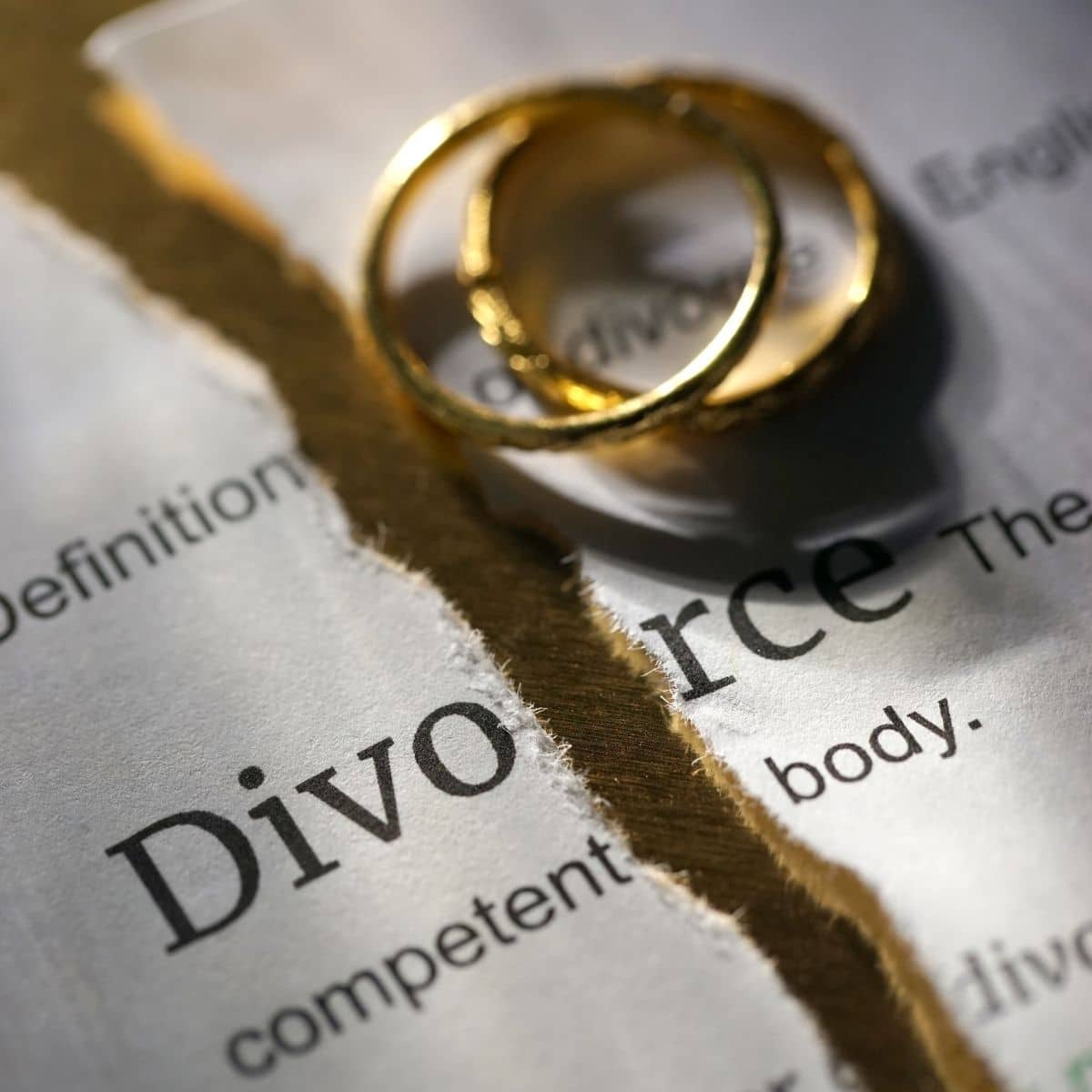How to Recover from Rejection
Rejection is an unfortunate part of life and it can be difficult to deal with. It can make us feel like we are not good enough, and fill us with self-doubt. The good news is that you can learn how to recover from rejection and move on with your life.
The first thing to do when faced with rejection is to take a deep breath, try to stay calm and realize that it is normal, that everyone goes through it at some point in their life. It is also important to remember that no matter how hard it feels, rejection does not define who you are as a person.
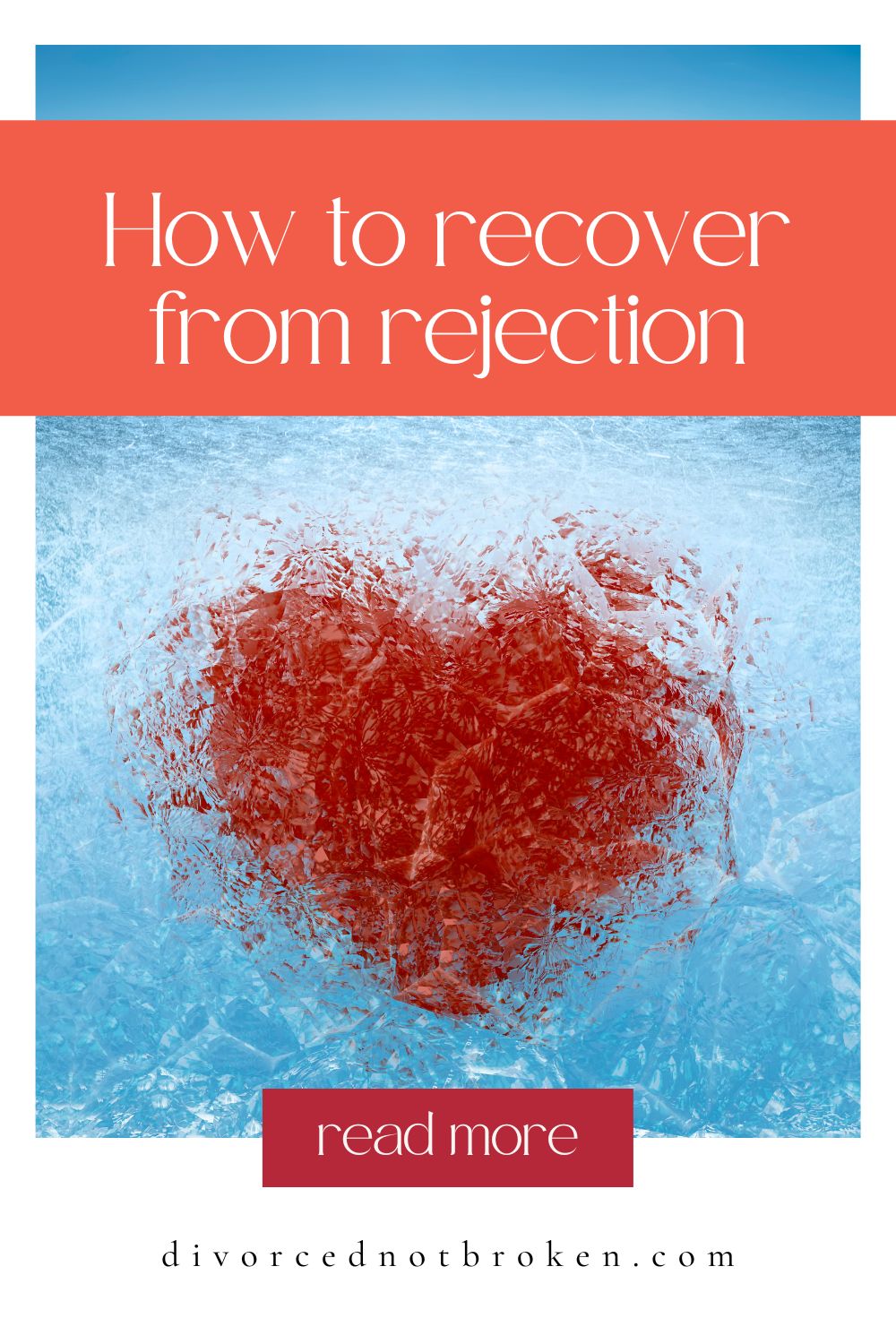
Understand Why Rejection Hurts so Much
When somebody hurts us, it’s easy to get lost and wallow in the pain. The initial hurt tends to paralyze and leave us dazed and confused, but this is also the best time to sit back and take a non-judgmental look at the pain you are feeling. What led to your experience of rejection?
Focus on understanding and validating your emotions as real and justifiable. When you deny your emotions the pain only intensifies. Always try to focus on the present — the here and now. Memories should be used as learning tools contributing to self-growth, not as restraints limiting our capacity to enjoy the love, happiness and peace life has to offer.
When we understand the dynamics of pain and its root cause, it will be easier for us to focus on healing and rebuilding with regard to the specific experience. When emotionally crushed by rejection it can cause a full-range of emotions, from confusion to sadness to rage. When you don’t understand exactly why you have been rejected, it is all too easy to to go down the rabbit hole of negative introspection and feeling like you are “not good enough.” This can trigger feelings of negative self-worth and even self-hate.
Humans are social creatures, we crave connection and interaction with others. When faced with rejection, it is hard not to internalize negative thoughts and intense feelings of being alone.
Respecting and understanding the experience of rejection is an important step to the next phase of healing. If we can view our emotional pain in an objective manner, we can more quickly regain a sense of emotional stability.
Getting rejected is not the end of the world, the experience can actually help you to become more resilient in your life.
Check out How to Recover After Divorce
A healing plan with steps to take to help recover after divorce and rebuild your life.
The Five Stages of Rejection
There are five stages of grief when recovering from rejection: denial, anger, bargaining, depression and acceptance.
- Denial is the initial stage of failing to acknowledge an unacceptable emotion or truth.
- Anger is where you feel like you can’t do anything right and everything is the fault of someone else.
- Bargaining is where you try to make deals with yourself or others in order to avoid feeling bad about being rejected.
- Depression is when you feel hopeless and helpless – nothing will ever go right again.
- Acceptance is when you finally come to terms with your feelings about rejection and decide that it’s time for a new start.
Tips to Recover from Rejection
To live a life without rejection would be a magical existence. Unfortunately, none of us get through our lives without facing rejection at least once or twice – this includes the rich and famous as well. Whether it’s losing out on your dream job or getting dumped by the love of your life, rejection hurts. We can’t let rejection define us, though. Try these nine tips to learn how to deal with rejection:
1. Understand Why Rejection Hurts
It’s important for you to realize that rejection hurts us all, it is a part of life. Since the beginning of time we have relied on social groups for our survival. It does not make you weak or too sensitive when you feel rejected, it’s a primal survival instinct.
2. Accept That You Are Hurt
Don’t suppress or ignore your feelings. It is best to acknowledge your feelings, even if you are embarrassed or disappointed. You need to face it, accept it, ask some hard questions and use facts to understand what went wrong to hopefully avoid getting hurt in the same way again.
3. Don’t Overate What You’re Missing
Once you have been rejected, it is easy to build up an idealized version of the person that rejected you. The longer you were in that relationship, the harder it will be to accept that it has come to an end. Denial can cause to feel that the relationship may not really be over and give you a false hope for reconciliation. The sooner you are able to face the truth about the end of the relationship, the sooner you can begin to heal.
4. Treat Yourself With Compassion
A University of Arizona study discovered that divorced people who practiced self-compassion reported fewer negative thoughts about their divorce. It also helped people stay positive and avoid getting lost in dark thoughts. Allow yourself to be vulnerable, give yourself the time you need, and be gentle with yourself.
5. Don’t Let Rejection Define You
Even though you’re hurting now, you won’t always feel this way. Your rejection doesn’t define you. Instead of allowing yourself to be devastated and beat down by allowing someone else’s actions to steal your self-worth, ask yourself where you can go from here? What is good and positive in my life? Once you realize that you are good enough, your broken heart will start to heal much quicker.
6. Learn a Lesson
Now that you know how rejection makes you feel, you will be better prepared for it in the future. Figure out what you need to work on to be ready for your next opportunity. You never know, you might meet “the one” in the near future.
Ask yourself: What did I learn about myself through this experience? If I could go back, would I do anything differently?
7. Spend Time with People You Love
The pain of rejection can be heart-wrenching. One of the best things you can do to get over it is to spend time with the people who love and accept you. Sharing your feelings with someone you trust can help you feel less alone and forces you to put your feelings into words.
8. Use it as Fuel
Instead of dwelling on all of the negative emotions and reliving the experience over and over again, why not use it as fuel to move forward? The pain of rejection could be just what you need to motivate yourself to get past the rejection and work to avoid feeling it again in the future.
9. Brush Yourself Off and Try Again
The rejection you feel when a partner leaves the relationship can be traumatizing. It’s easy to wallow in rejection and let it get you down and cause you to avoid any situation that might cause additional pain. But that’s an impulse that you have to fight. Shutting yourself off and avoiding situations will only make you more fearful and may lead to destroying your happiness in the future.
Check out these Types of Self-Care
For even more ways to improve your health and well-being.
Action Steps
- Reflect on your most recent feelings of rejection. How did it make you feel? What feelings did it stir up within? Are you over it?
- Did you learn anything from this rejection? Did you learn anything about yourself? Is there any area of your life that you could improve to avoid future rejection?
- How will you avoid similar rejection in the future? What are a few ways you could avoid a similar rejection in the future?
Final Thoughts
With time, you will be able to recover from the rejection and move on with your life. Remember to stay positive, practice self-care, keep things in perspective, focus on the good things in your life, and use what you have learned from rejection to your advantage moving forward.
Further Reading
You can see more of my favorite tools and gadgets here in my Amazon Affiliate Page. I earn a small commission when you purchase through my links, at no cost to you, so I can continue to bring you more helpful articles!
